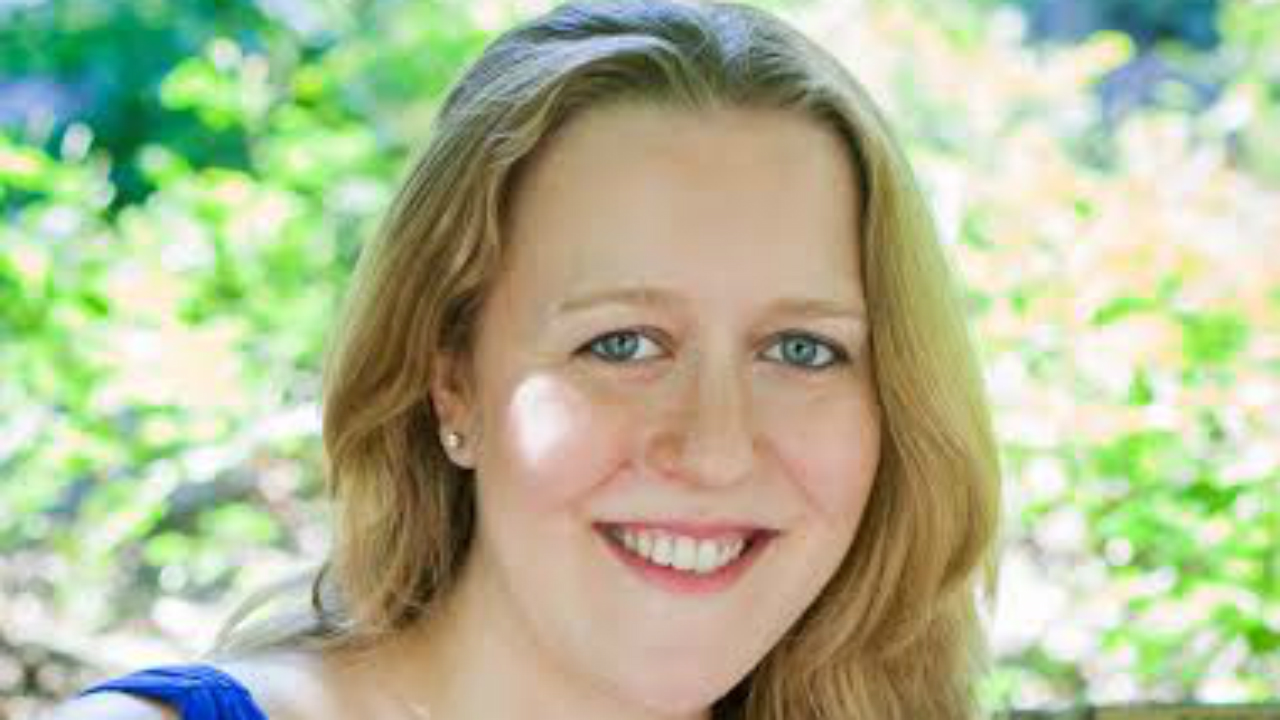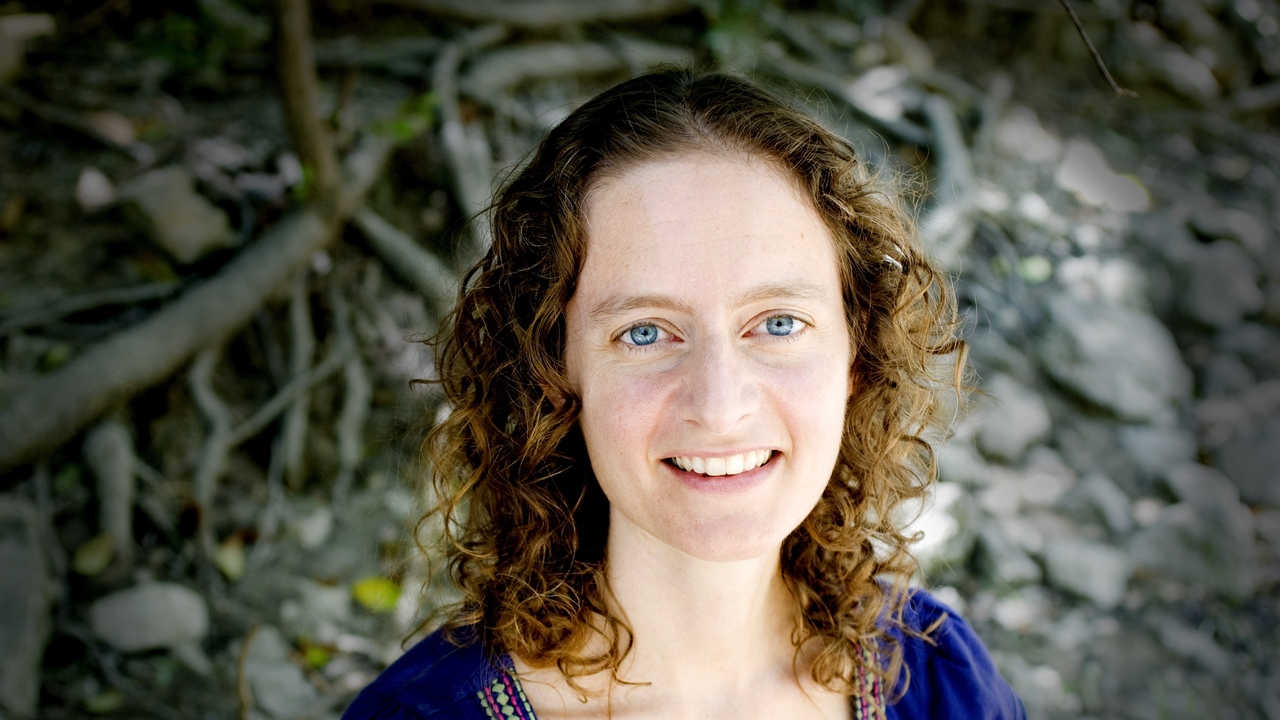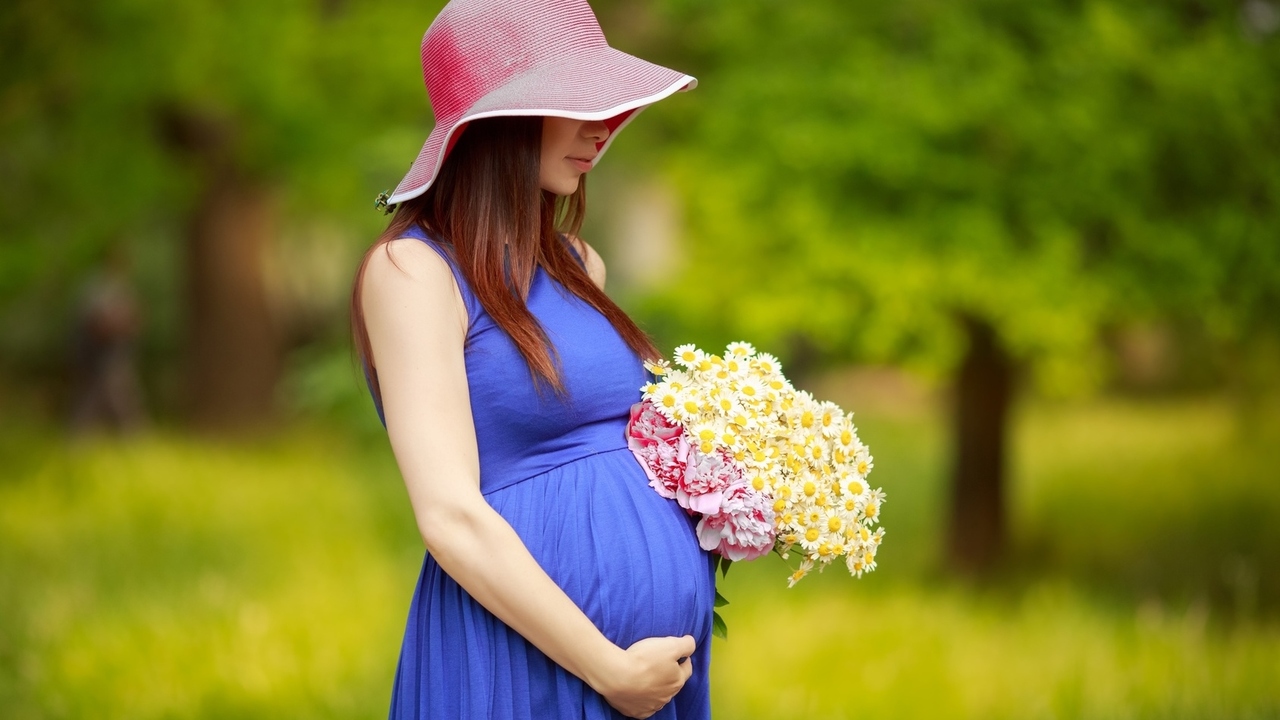 Ann Zamudio
Ann Zamudio
Have you ever experienced isolation? How about guilt? What about shame? Have you ever experienced them all at the same time?
According to researchers at Montefiore Medical Center and the Albert Einstein College of Medicine, all of these things can be experienced by women who have had a miscarriage. In fact this experience is common. They also said that women have these feelings because of the widespread misconceptions about miscarriage.
Miscarriage is defined as the loss of pregnancy in the first 20 weeks of gestation.
Ann Zamudio, now 28, had her miscarriage at the age of 25. It was one of nearly 500,000 miscarriages that happen in the United States every year, according to Hope Exchange.
Zamudio miscarried just seven weeks into her pregnancy. This is a high-risk time period for fetal loss. Of all of the pregnancies that end in miscarriage, more than 80 percent take place before 12 weeks of gestation.
“If it’s an early pregnancy, some people call it just a clump of cells, some people think that it wasn’t a baby yet ... but whether you think that was a baby or not, these women think of it as a member of their family that they’re losing before they ever got to meet them,” Zamudio said.
A Taboo Topic
After her miscarriage, Zamudio joined online support communities. She began to realize that women don’t have an adequate place to lend support to each other.
“I found there’s a real need amongst women. Women feel very silent after a miscarriage and they want to tell their stories, they want to talk about their loss and they just didn’t have the opportunity,” she said.
She said that part of the problem with miscarriage is that it is viewed as a taboo topic.
“Even when people do talk about it in their every day lives, they still treat it like a secret,” she added.
The researchers at the Montefiore Medical Center found that people really don’t know much about it. People actually think it’s a rare occurrence. In reality, it is the most common pregnancy complication that women face.
The study surveyed over 1,000 men and women. The results showed that more than half of the participants thought miscarriages occurred in less than 6 percent of pregnancies.
But it really occurs in as many as one out of every four, according to the American Pregnancy Association. They say that a number of factors can increase a woman’s risk of miscarriage.
Knowing the facts
Zamudio now has two children, but women who have a history of miscarriages are typically more concerned that they will have more miscarriages in the future.
Any woman can have a miscarriage and your chances only increase with age, Baby Center said. At 40 years old you are twice as likely to have a miscarriage as at 20 years old.
Things like age and a history of miscarriages aren’t the only concerns. Chronic diseases and disorders, a history of genetic issues, infections, STDs, smoking, drinking and medications can all increase your risk.
Zamudio thinks that by changing the way society views miscarriages, the silent epidemic can be changed.
“It could affect your mother, your sister, your friend, your teacher. Chances are it will affect somebody you know,” she said.
Educating the public includes raising awareness, changing the way people view miscarriages, teaching people how to help or lend support, and educating women on the risks and symptoms.
The American Congress of Obstetricians and Gynecologists said that there are signs women should look out for if they suspect a miscarriage. These signs include back pain, contractions, brown or red bleeding, white or pink-tinged mucus, clot-like material passing from the vagina, and a loss of pregnancy indicators.
The Silver Lining
Even though Zamudio lost what would have been her future child, she was able to find a silver lining in her tragedy.
Upon coming to the realization that women didn’t have a place to properly vent, Zamudio created something women like her could resonate with.
She videotaped women who had experienced the same loss and asked them to do one thing — be honest.
“All of these women told their stories in very raw and emotional ways,” she said.
The video was posted on YouTube in 2012.
“It made them feel less alone. A lot of women who are going through this don’t have somebody they can talk to in their lives,” she said. “They go online and they see something like this and it makes them see that other people are going through this, too.”
After dozens of requests, Zamudio is now creating an extended version of her YouTube video, a documentary called, “Don’t Talk About The Baby.”
“There’s nothing we can do to stop the incredibly high rate of miscarriage, but we can do things to help educate people in our culture about how to handle it,” she said.
Sources:
Baby Center. Understanding Miscarriage. Retrieved April 13, 2015.
http://www.babycenter.com/0_understanding-miscarriage_252.bc
Don’t talk about the baby. Retrieved April 13, 2015.
http://www.donttalkaboutthebaby.com
American Pregnancy Association. Miscarriage. Retrieved April 13, 2015.
http://americanpregnancy.org/pregnancy-complications/miscarriage
Hope Exchange. Miscarriage statistics. Retrieved April 22,2015.
http://www.hopexchange.com/Statistics.htm
Montefiore Inspired Medicine. Miscarriage Perceptions VS. Reality: Public Understanding Not in Sync with Facts. Retrieved April 13,2015.
http://www.montefiore.org/body.cfm?id=1738&action=detail&ref=1087
Reviewed April 28, 2015
by Michele Blacksberg
Edited by Jody Smith






Add a CommentComments
There are no comments yet. Be the first one and get the conversation started!